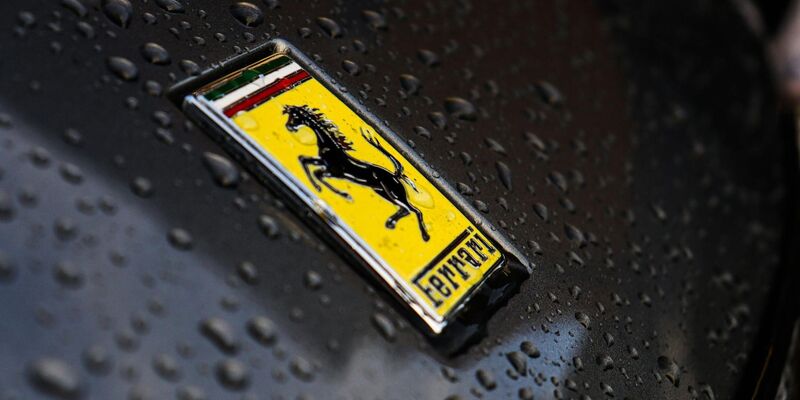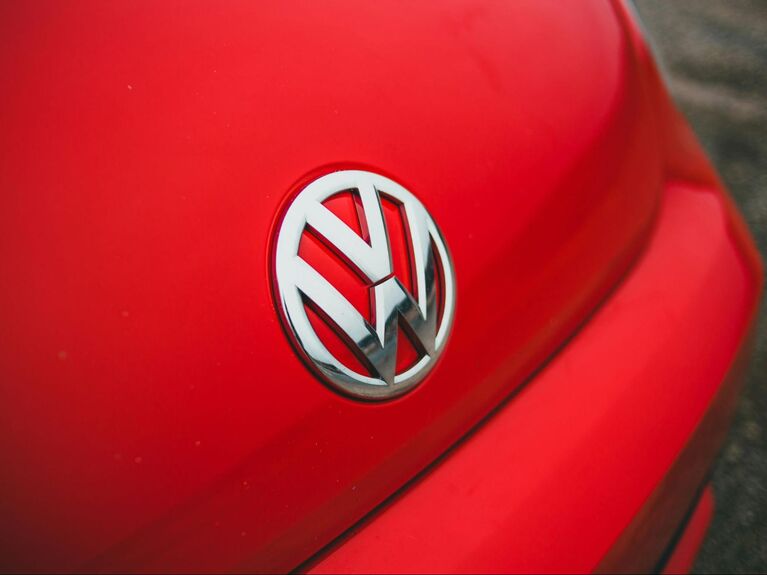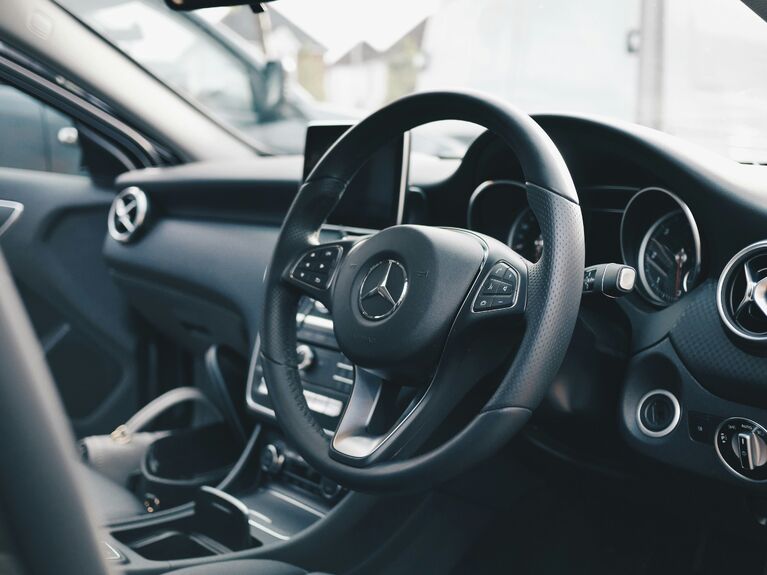
Credit: https://unsplash.com/photos/ferrari-logo-bh5ReXWKqpM
In the automotive world, particularly among owners of prestige vehicles, personalisation plays a significant role in the ownership experience. Debadging, which involves removing the manufacturer's logos and model names from a car, is one such form of personalisation. It's a modification that aims for a cleaner aesthetic by eliminating brand identifiers.
However, the question arises: does debadging a car affect a car’s value? Here’s what you need to know.
Why Debadge a Car?
Debadging is appreciated for its ability to offer a unique look without extensive modifications. In the realm of prestige cars, where uniqueness and customisation are highly prized, debadging can serve as a subtle declaration of individuality. It suggests that the vehicle's performance and design are sufficient to stand on their own, without the need for brand endorsement.
The Influence on Value
The impact of debadging on a car's value is multifaceted and can be perceived differently by various stakeholders in the automotive market. On one hand, a debadged car might attract buyers looking for something distinct from the standard offerings. This is particularly relevant in the prestige car segment, where buyers may value the sleek, unbranded appearance that debadging provides.
Conversely, debadging can also lead to scepticism among potential buyers. Some might speculate that the vehicle was debadged to hide its identity following accidents or unauthorised modifications, which could negatively affect its performance and safety. Moreover, for certain cars, especially those where branding is integral to their identity and appeal, debadging could potentially reduce their desirability and, by extension, their value.
Context Matters
The true impact of debadging on a car's value depends significantly on various factors, including the type of vehicle, the market it is being sold in, and the preferences of prospective buyers. In the prestige car market, where enthusiasts often seek personalised vehicles, a debadged car in excellent condition and with verifiable authenticity might not see a decrease in value.
However, sellers need to be mindful of their target market. In scenarios where originality and brand prestige are highly valued, debadging could indeed lead to a lower resale value.
Advice for Sellers
For owners contemplating debadging their prestige vehicle before sale, it is recommended to retain the original badges and ensure comprehensive documentation of the vehicle's history and authenticity. This approach can help address any concerns about the vehicle's background and maintain its value.
Debadging and Market Perceptions
The automotive market's perception of debadging varies widely. Some enthusiasts and collectors appreciate the clean lines and understated elegance that debadging can provide, particularly on high-end models where design purity is a key attribute. For these buyers, a debadged car might not only retain its value but could also be more desirable.
However, it's crucial to acknowledge that not all buyers share this perspective. The absence of branding can sometimes be misinterpreted as an attempt to disguise the vehicle's true identity or to mask previous issues. This is where the seller's transparency becomes paramount. By providing potential buyers with a clear history of the vehicle, including reasons for debadging and any other modifications, sellers can help mitigate concerns and preserve the car's value.
The Role of Authenticity
Authenticity plays a critical role in maintaining a car's value, especially in the prestige segment. Buyers in this market are often meticulous, seeking vehicles that not only meet their aesthetic preferences but also come with a guarantee of quality and originality. For debadged cars, proving the authenticity and maintaining a comprehensive service history are essential steps in reassuring potential buyers of the vehicle's integrity.
Future Considerations
Looking ahead, the trend of debadging and its impact on car values may evolve. As consumer preferences shift towards more personalised and understated vehicles, debadging could become more widely accepted, potentially lessening any negative impact on resale value. However, the importance of transparency and documentation will remain, ensuring that any modifications, including debadging, are communicated to prospective buyers.
In summary, while debadging can reflect a car owner's preference for a more minimalist design, its effect on the vehicle's resale value is nuanced and largely dependent on the context. Owners of prestige vehicles should weigh the decision to debadge carefully, considering the potential impact on their car's market appeal and resale value.



